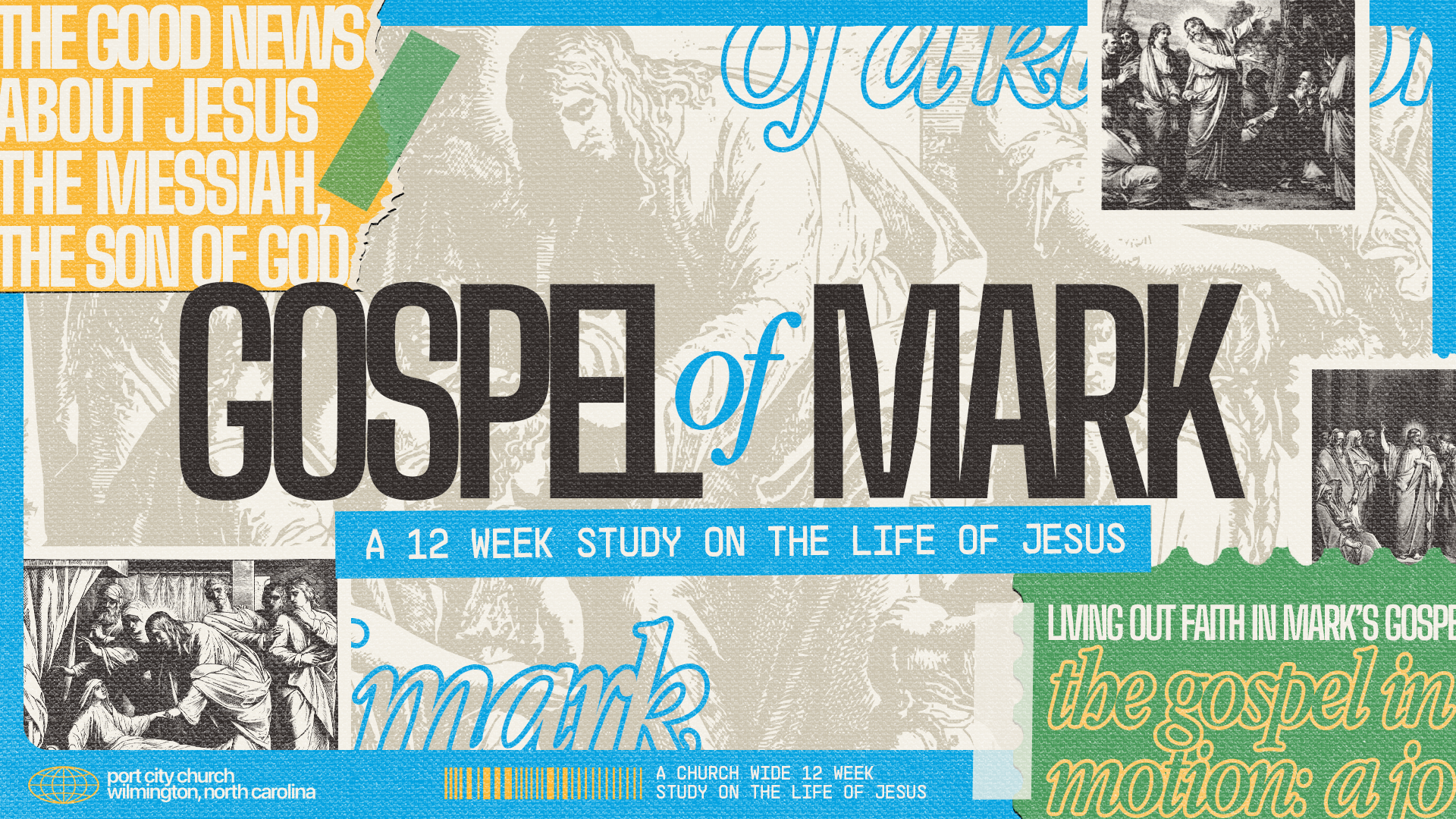The Great Commission
READ
When Jesus said, "Go into all the world and preach the gospel to all creation," he wasn't suggesting a casual option for his followers—he was issuing the defining mission that would transform a small band of disciples into a world-changing movement. This Great Commission was a call to action that would make his followers distinctly recognizable in the world.
Let’s take a moment to read Mark 16:15-18:
He said to them, “Go into all the world and preach the gospel to all creation. Whoever believes and is baptized will be saved, but whoever does not believe will be condemned. And these signs will accompany those who believe: In my name they will drive out demons; they will speak in new tongues; they will pick up snakes with their hands; and when they drink deadly poison, it will not hurt them at all; they will place their hands onsick people, and they will get well.”
REFLECT
Mark's account of the Great Commission is notably direct and action-oriented. While Matthew's version emphasizes making disciples and teaching, Mark focuses on proclamation and the supernatural confirmation of the message. This aligns perfectly with Mark's overall style—concise, urgent, and focused on Jesus' power in action.
The scope is breathtaking: "all the world" and "all creation." In a time when most people never traveled more than a few miles from their birthplace, Jesus cast a vision that spanned the globe. He didn't limit his message to certain cultures, social classes, or geographical regions. The good news was meant for everyone, everywhere.
What follows this commission is particularly significant. Jesus outlines supernatural signs that would accompany believers. These weren't just random miraculous abilities but specific evidences that would distinguish his followers from the surrounding culture.
This pattern of distinct identity through visible markers parallels what God established with Israel through the Levitical laws. Just as dietary restrictions, Sabbath observance, and ceremonial practices visibly set apart the Israelites from neighboring peoples, these supernatural signs would identify the early Church as belonging to Christ. Both systems created a visible witness to the surrounding world that these people were different—they belonged to God.
The early Church experienced these distinguishing marks in powerful ways. In Acts, we read of disciples speaking in tongues at Pentecost, healing the sick at the temple gates, and surviving deadly threats like Paul's encounter with a viper. These weren't just spectacular displays but authenticating signs that validated their message in a skeptical world.
But what about today? The question for all of us remains: What evidences of Christlikeness might show our distinctness in our current time and culture? In a world driven by self-promotion, perhaps our humility and servant-heartedness stand out. In an era of polarization, our ability to love across dividing lines becomes radical. In a culture of consumption, our generosity and simplicity speak volumes. In times of anxiety and despair, our peace and hope become powerful witnesses.
Jesus may have specifically mentioned signs like handling serpents and healing the sick for the early Church context, but the underlying principle remains: followers of Jesus should be noticeably different. Our lives should raise questions that only the gospel can answer.
The radical love described in John 13:35—"By this everyone will know that you are my disciples, if you love one another"—might be the most countercultural sign in our individualistic age. When Christians demonstrate sacrificial love, forgiveness of enemies, joy in suffering, and peace amid chaos, we display evidences of Christ's presence that are as supernatural in today's context as speaking in tongues was in the first century.
As we embrace the Great Commission, we're not just tasked with speaking a message but embodying it in ways that mark us as distinctly Christ's. The specific manifestations may change across cultures and eras, but the call to be visibly different remains constant.
RESPOND
Take a moment to process what God might be leading you to do in light of what you read.
What distinct characteristics in your life would identify you as a follower of Jesus to those who don't know your faith?
In our current cultural moment, which Christ-like attributes might be most noticeable or countercultural? Why?
REST
Take a moment to rest in God’s presence and consider one thing you can take away from your time reading, then close your devotional experience by praying:
Lord Jesus, thank you for calling me to be part of your distinct people on mission in the world. Help me to live in such a way that my life raises questions only your gospel can answer. Make me noticeably different not for my own recognition but so that others might be drawn to you through the evidence of your work in me. Amen.

